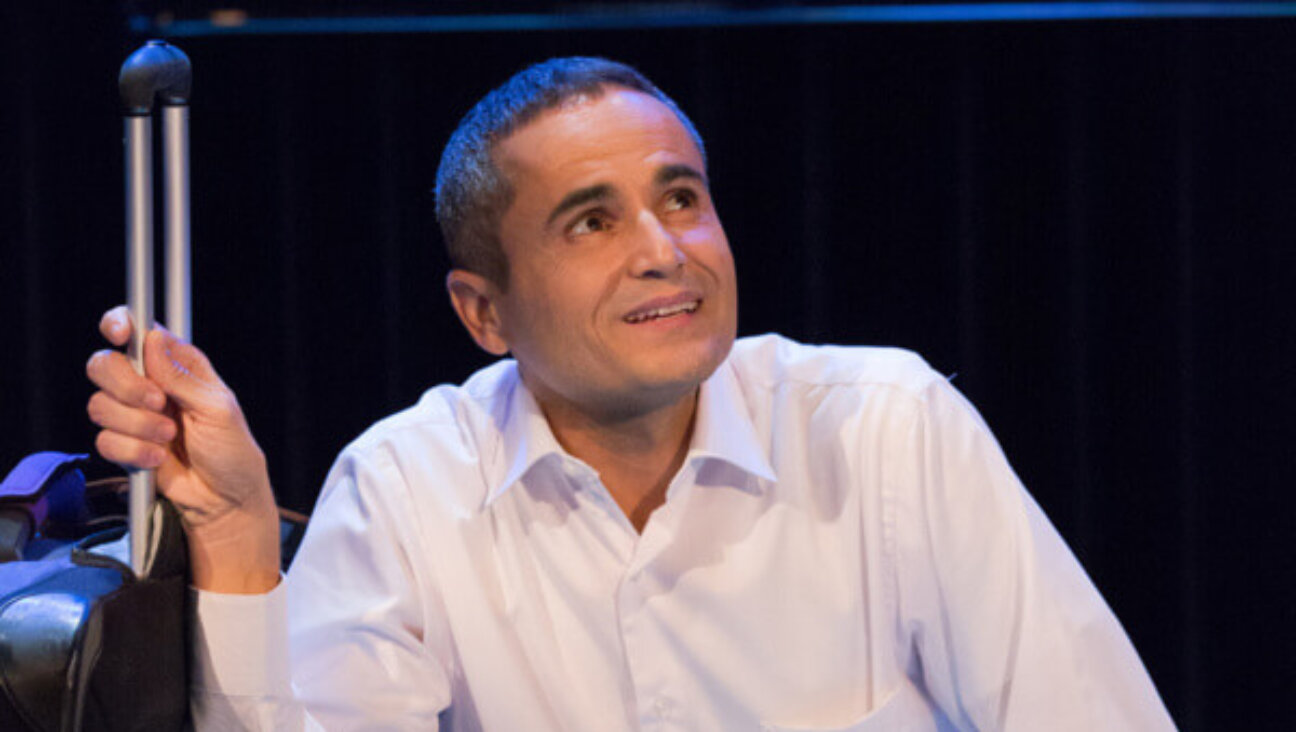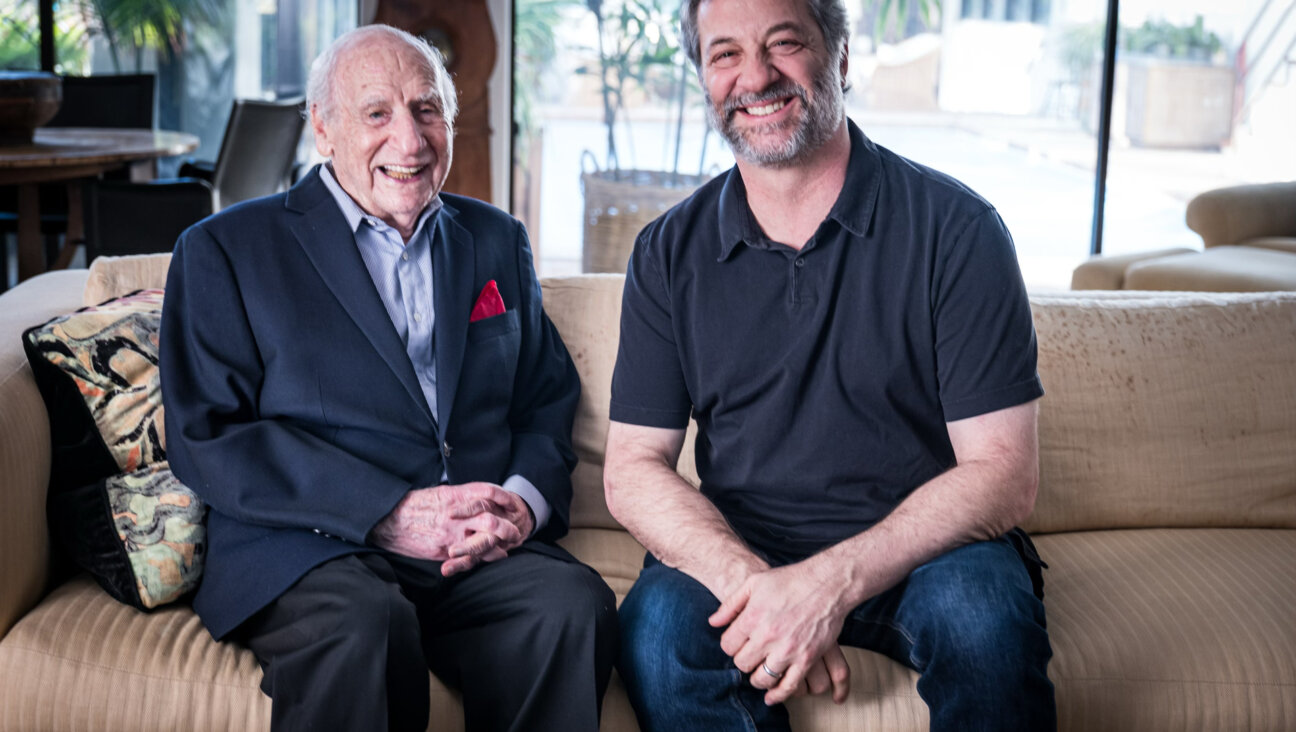Across the Atlantic
International summitry is a vexing mixture of overblown pomp and hard-nosed horse-trading, not always in equal measures, and observers must take care to separate substance from symbolism. And yet there are moments when the magnitude of the event speaks for itself, and the symbolism becomes the substance.
The current round of summitry is such a moment. By the end of June, President Bush will have met no fewer than four times in four weeks with the leaders of our traditional allies and trading partners, principally Jacques Chirac of France, Tony Blair of Great Britain and Gerhard Schroeder of Germany. For a bond that has outlived its usefulness and faded into history, the Atlantic alliance is taking up an awful lot of presidential face time.
The four men gathered first on June 6 in France, along with 18 other world leaders, to mark the 60th anniversary of D-Day. They reconvened a few days later in Georgia, for the annual three-day summit of the G-8 industrial nations. On June 25 they will meet again in Ireland, where Bush will represent the United States for two days as a guest at the first summit of the newly expanded European Union. They then move straight on to Turkey for a summit of NATO. In all, the president will spend about eight days in summit deliberations in June, about one-third of his working month.
The president’s schedule speaks volumes. Just a few months ago, he and his aides still delighted in belittling the Atlantic alliance as an anachronism. Now, suddenly, it fills the president’s dance card.
Last year at this time, Europe was yesterday’s continent, a collection of effete, postmodern café societies drifting lazily toward oblivion while we Americans did the world’s heavy lifting. Europeans were supposed to be from Venus, Americans from Mars. We were the ones who fought their wars, from Normandy to Najaf, while they sat around puffing on their Gaulloises and preaching morality to us. Who needed them?
We did, as it turns out. Going to war in Iraq without them proved to be a serious mistake. Restoring the peace and putting the pieces back together without them appears well nigh impossible. And so it is that, with an election looming and a deadline to meet in Iraq, the president has rediscovered the virtues of old friendships. This is not a bad thing. For all the arguments of the past two years, the Atlantic alliance remains America’s most vital network of relationships.
While we squabble over Iraq, American and French troops serve together in Afghanistan and Sierra Leone. France heads the international peacekeeping mission in Congo, and a joint U.S.-French mission to train African troops in peacekeeping may emerge from the G-8 summit.
Europe is still our most important trading and financial partner. Two-thirds of all foreign direct investment in America came from Europe last year. American companies invested 10 times as much in Holland as in China over the last decade.
Make no mistake: The issues dividing America from Europe today are real ones. Europeans were right to warn that invading Iraq was the wrong answer to terrorism and that instead it would end up making the world more dangerous. On the other hand, Americans are right to wonder whether Europeans fully appreciate the threat posed to the West by radical Islam. France’s coddling of Iran and the shameful demonization of Israel in the European media cast a real shadow over the alliance. America should not have gone into Iraq the way it did, but the milk has been spilled. Now a NATO mission in Iraq is essential to restore stability.
And yet the fundamental truth is that we are tied to Europe by thick bonds of culture and values. It starts with Shakespeare and Bach, but it runs much deeper to shared visions of freedom, democracy and respect for the individual.
Perhaps the most important contribution to Atlantic thawing comes neither from Washington nor Paris, but from Jerusalem. The renewal of an Israeli-Palestinian peace process, in the form of Prime Minister Sharon’s disengagement initiative, has dramatically changed the geometry of international diplomacy in the last three weeks. The European Union and the United Nations, long anathema to Israelis and their friends, have suddenly emerged as essential bridges between Israel and the Palestinians. To top it all off, Israel this week announced a $200 million military cooperation deal with France, the largest since 1967.
The rosy glow visible in Jerusalem’s perception of Europe in recent weeks inevitably will make itself felt in Washington, as well. That would be to everyone’s benefit.














